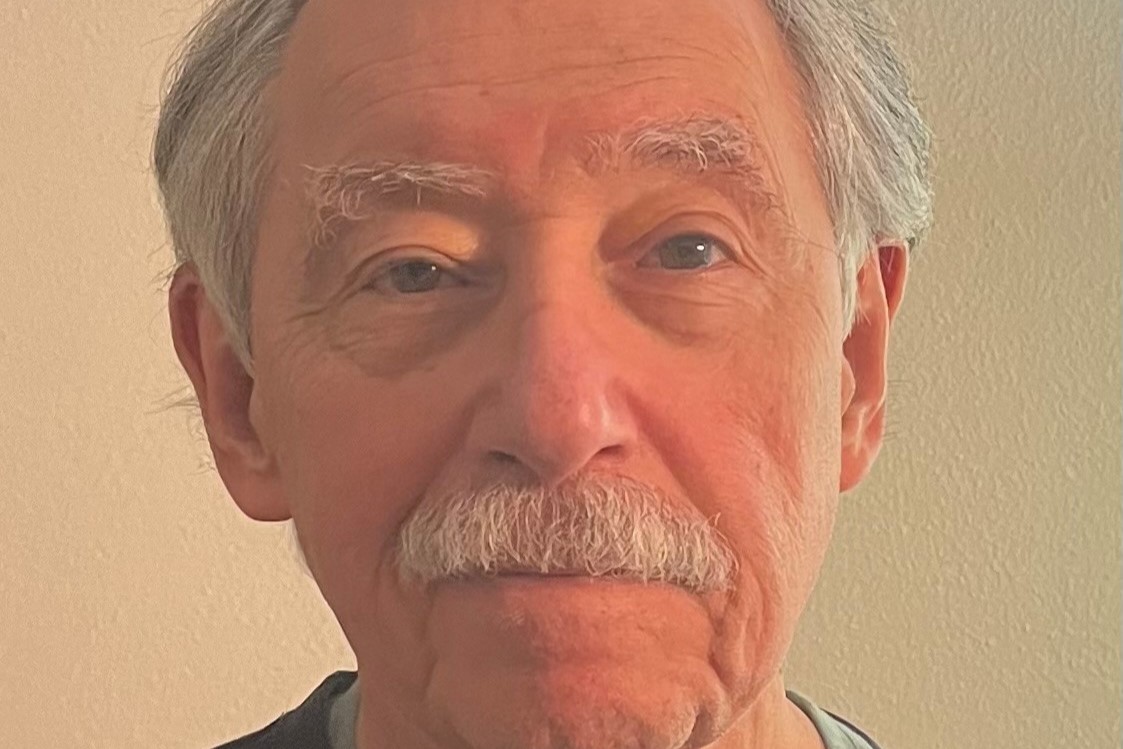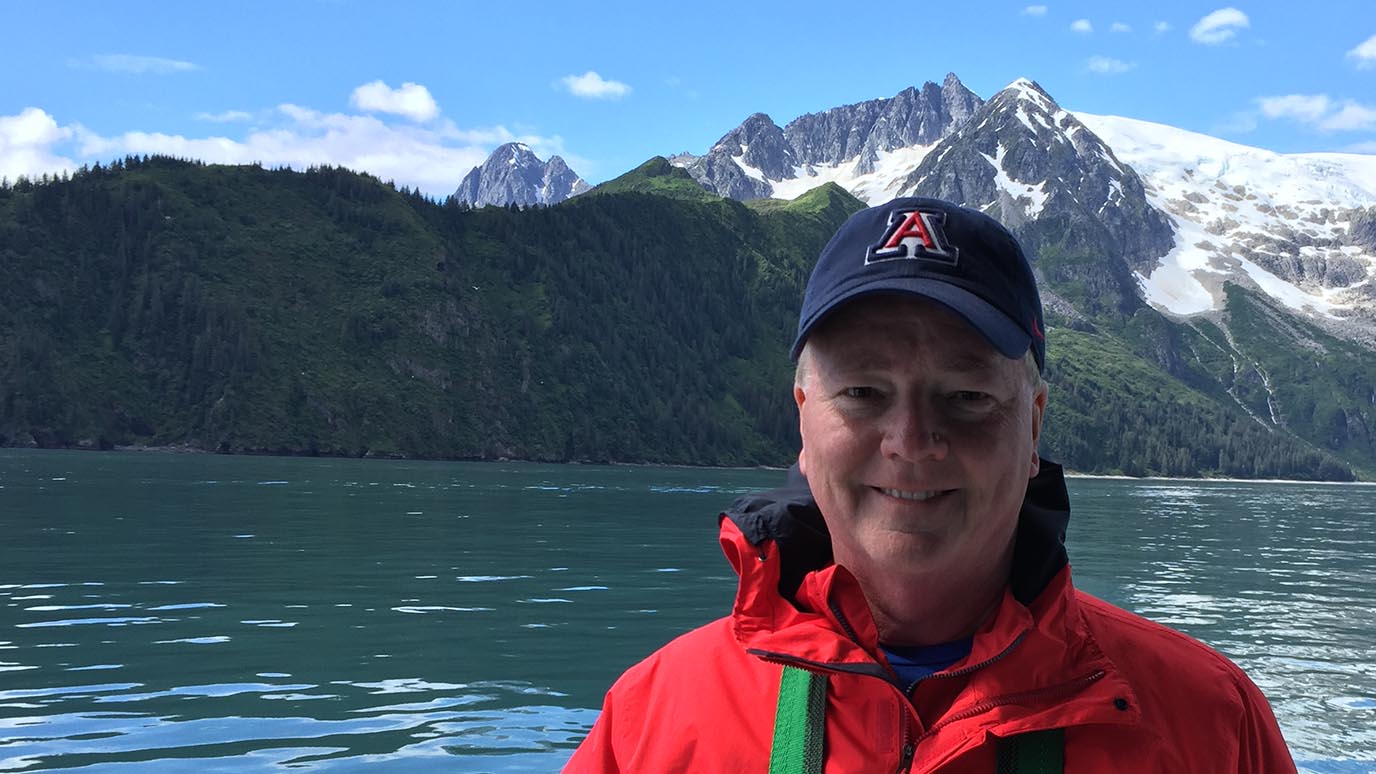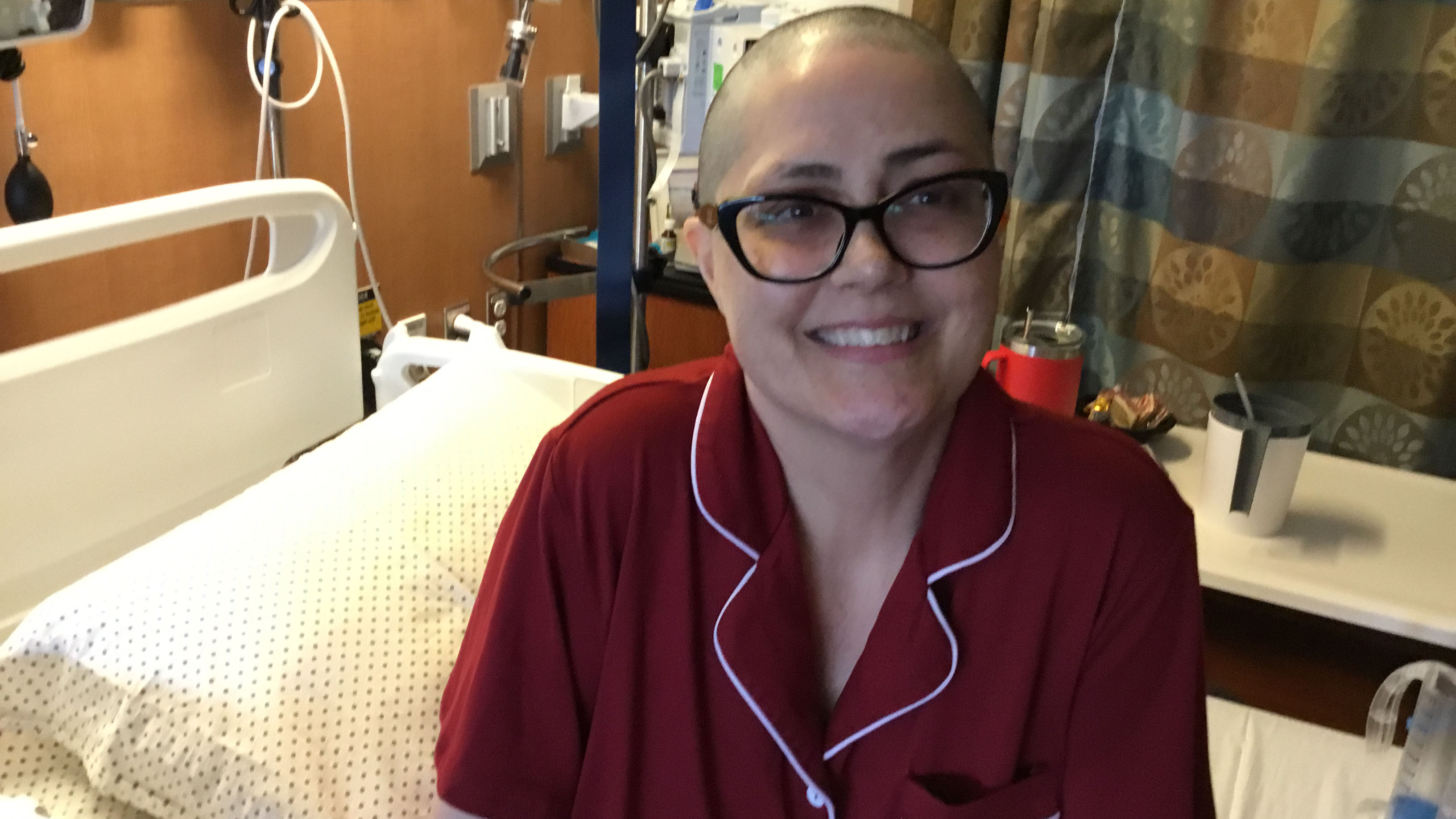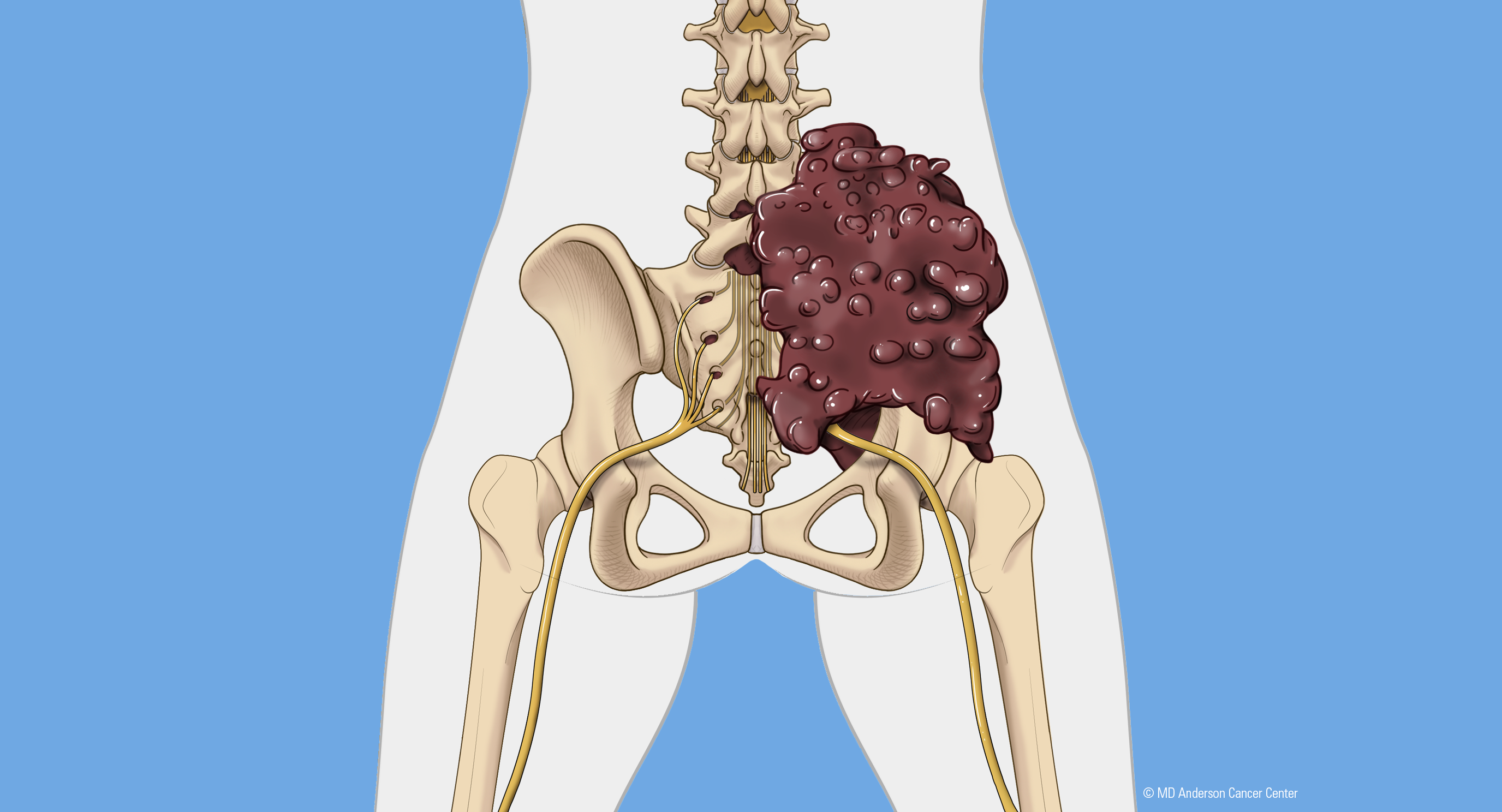- Diseases
- Acoustic Neuroma (14)
- Adrenal Gland Tumor (24)
- Anal Cancer (68)
- Anemia (2)
- Appendix Cancer (16)
- Bile Duct Cancer (26)
- Bladder Cancer (72)
- Brain Metastases (28)
- Brain Tumor (232)
- Breast Cancer (718)
- Breast Implant-Associated Anaplastic Large Cell Lymphoma (2)
- Cancer of Unknown Primary (4)
- Carcinoid Tumor (8)
- Cervical Cancer (162)
- Colon Cancer (166)
- Colorectal Cancer (118)
- Endocrine Tumor (4)
- Esophageal Cancer (44)
- Eye Cancer (36)
- Fallopian Tube Cancer (8)
- Germ Cell Tumor (4)
- Gestational Trophoblastic Disease (2)
- Head and Neck Cancer (14)
- Kidney Cancer (128)
- Leukemia (342)
- Liver Cancer (50)
- Lung Cancer (286)
- Lymphoma (278)
- Mesothelioma (14)
- Metastasis (30)
- Multiple Myeloma (100)
- Myelodysplastic Syndrome (60)
- Myeloproliferative Neoplasm (6)
- Neuroendocrine Tumors (16)
- Oral Cancer (100)
- Ovarian Cancer (174)
- Pancreatic Cancer (160)
- Parathyroid Disease (2)
- Penile Cancer (14)
- Pituitary Tumor (6)
- Prostate Cancer (148)
- Rectal Cancer (58)
- Renal Medullary Carcinoma (6)
- Salivary Gland Cancer (14)
- Sarcoma (238)
- Skin Cancer (296)
- Skull Base Tumors (56)
- Spinal Tumor (12)
- Stomach Cancer (64)
- Testicular Cancer (28)
- Throat Cancer (92)
- Thymoma (6)
- Thyroid Cancer (98)
- Tonsil Cancer (30)
- Uterine Cancer (84)
- Vaginal Cancer (18)
- Vulvar Cancer (22)
- Cancer Topic
- Adolescent and Young Adult Cancer Issues (20)
- Advance Care Planning (12)
- Biostatistics (2)
- Blood Donation (18)
- Bone Health (8)
- COVID-19 (362)
- Cancer Recurrence (120)
- Childhood Cancer Issues (120)
- Clinical Trials (632)
- Complementary Integrative Medicine (22)
- Cytogenetics (2)
- DNA Methylation (4)
- Diagnosis (232)
- Epigenetics (6)
- Fertility (62)
- Follow-up Guidelines (2)
- Health Disparities (14)
- Hereditary Cancer Syndromes (126)
- Immunology (18)
- Li-Fraumeni Syndrome (8)
- Mental Health (116)
- Molecular Diagnostics (8)
- Pain Management (62)
- Palliative Care (8)
- Pathology (10)
- Physical Therapy (18)
- Pregnancy (18)
- Prevention (924)
- Research (392)
- Second Opinion (76)
- Sexuality (16)
- Side Effects (610)
- Sleep Disorders (10)
- Stem Cell Transplantation Cellular Therapy (216)
- Support (402)
- Survivorship (322)
- Symptoms (182)
- Treatment (1788)
Prostate cancer, leukemia won’t stop this marathoner
4 minute read | Published June 28, 2017
Medically Reviewed | Last reviewed by an MD Anderson Cancer Center medical professional on June 28, 2017
Hardly anything can get in the way of John Kosmatka’s passion for running. Even after he underwent prostate cancer surgery in March 2015, the avid runner competed in the Boston Marathon one month later.
“My doctor said, ‘Why’d you run Boston? I told you not to,’ and I said, ‘It’s what a runner does when he’s that dedicated to his sport,’” John recalls.
Until last year, John participated in four marathons and at least 15 half-marathons each year. Then he noticed a sudden change. Just a few weeks after beating his personal record in a 20K Independence Day race, John couldn’t run more than 2 miles.
“I’m very lucky I’ve been a runner,” he says. “If I’d been a couch potato, I’d be sitting there thinking, well, I think I feel bad because of old age, not knowing that I had leukemia.”
Seeking second opinions for acute myeloid leukemia
John, then age 67, had actually become suspicious about his health after blood work taken during an annual physical revealed his abnormally low white blood cell count. A hematologist repeated the blood test twice and ordered a bone marrow biopsy when he got the same results. In October 2016, John found out he had acute myeloid leukemia.
“The doctor didn’t even tell me to come in. He said, ‘I hate to tell you this, but I’ll admit: we can’t handle this diagnosis. I suggest you go to a place that specializes in your disease,’” John recalls.
So the Valparaiso, Indiana, resident drove 40 miles east to a Chicago hospital and started chemotherapy. But during his second round of treatment, John suffered a stroke and was hospitalized for 15 days. His medical team suggested he stop chemotherapy and undergo an umbilical cord blood transplant instead. Hesitant, John sought a second opinion at another hospital in December. That doctor suggested he stick with chemotherapy.
But his daughter, who’d learned about MD Anderson during her online research, encouraged her dad to travel to Houston to seek a third opinion. So in January, he met with Tapan Kadia, M.D.
“We found out that Dr. Kadia is the one who does all the research and writes all the abstracts that the other hospitals use for their research – they piggyback off of the papers he writes,” he says. “Once I learned that and met him, I said, ‘My mind’s made up. I’m going to do whatever he wants.’”
Acute myeloid leukemia treatment at MD Anderson
Kadia also suggested that John remain on chemotherapy. He completed three more rounds of a high-dose chemotherapy cocktail, which included cytarabine combined with fludarabine and granulocyte colony stimulating factor. Though he experienced no side effects, John scaled back his rigorous physical activity regimen, which once included 58 miles of running every week.
“When Dr. Kadia gave me his advice to stop running, I took it because I’d established this scientific rapport with him. I did everything that he suggested to the letter,” he says.
John finished his last chemotherapy in April, and when he returned to MD Anderson a month later, he learned that his leukemia was no longer detectable.
Returning to running after leukemia
“I felt like jumping up and down celebrating. I’ve had a terrific, happy feeling ever since May 17,” he says. “Words can’t describe how good I feel.”
John now returns to MD Anderson every three months for follow-up tests, and has his sights set on the 2017 New York City marathon in November. He may not beat his 2014 Chicago Marathon record, in which he finished 12th of out the 198 runners in his age group, but he’s OK with that.
“I’m still improving since my diagnosis, and that’s all that really matters,” he says.
He hopes his story encourages other people to get a second – or even third – opinion if they’re uncomfortable with the medical advice they’re given. He also encourages other patients to come to MD Anderson.
“Even though I live in northwest Indiana, the trip to Houston was well worth the extra time and expense,” he says. “I chose MD Anderson because it’s the top cancer hospital in the country. Everyone I dealt with -- from those who serve the food to those who park the cars to Dr. Kadia and his team -- always had a positive and supporting attitude.”
Request an appointment at MD Anderson online or by calling 1-877-632-6789.
Related Cancerwise Stories
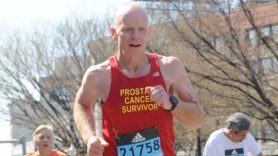
The trip to Houston was well worth the extra time and expense.
John Kosmatka
Survivor

